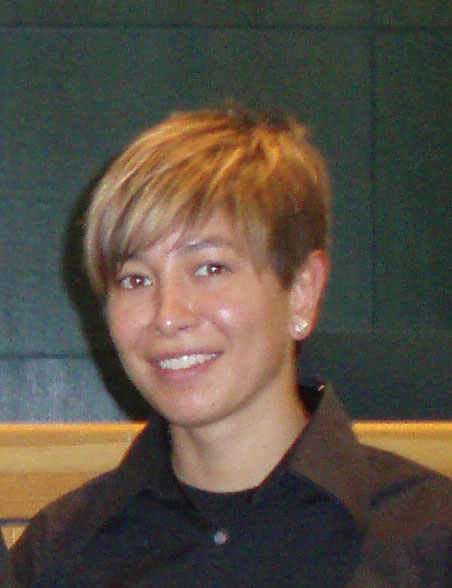Issues such as health care, economic development, and education challenge every community, but for the more than 550 tribes and 300-plus reservations in the United States, these issues are complicated by historical inequities and competitive demands for rapid advancements. As complexities grow and new opportunities emerge, many tribal leaders recognize that they must reinvest in Native American leadership and legal expertise or risk being left behind.
“There is a national movement underway in Indian Country,” said Carma Corcoran, Indian Law program coordinator at Lewis & Clark Law School. “Tribal communities recognize the need to prepare the next generation of leaders to address issues such as sovereignty, natural resources, economic development, and treaty rights. It is a complex legal field that demands specialization, as well as a passion and commitment for social justice.”
Aside from Lewis & Clark Law School, there are only a dozen law schools in the country that offer a concentration in Native American law. Given the dearth of program offerings to prepare future lawyers, such programs offer Native American communities a unique and critical educational resource. This summer is no exception at Lewis & Clark, with its fifth annual Indian Law Summer Program. Seventeen law students from around the country will experience a combination of Indian law coursework and two cultural field trips led by Native American storyteller Ed Edmo, as well as internships with local Indian law practitioners.
Michelle Watchman, a member of the Tlingit and Navajo tribes and a Lewis & Clark law student enrolled in the summer program, is motivated by the social justice connection to Native American law.
“I came to law school with an interest in natural resource law, but then I took a course in federal Indian law, and it struck a chord in me,” said Watchman. “I read court cases in that class that made me angry—the governmental injustices, the lack of fiduciary responsibility.”
Watchman, whose mother practices Native American law in Minnesota, believes the field is ripe with possibilities. She points out that, while gaming gets a lot of attention and offers many job opportunities, there are many traditional and emerging issues for her to delve into, and Portland is home to one of the nation’s largest Native American law firms.
The summer program is part of the law school’s Indian Law curriculum, which features seven law courses, ranging from natural resource protection to treaty rights to cultural preservation. In addition, many of Lewis & Clark’s offerings in natural resource law involve aspects of Indian law, such as tribal water rights and fishing rights. Students can also do internships with tribal lawyers and Indian law firms and participate in the Native American Law Students Association and its moot court competition.
Watchman came to Lewis & Clark Law School to study natural resource and environmental law but will leave with an interest in working on behalf of the tribal community.
“People always assumed that, because I’m Native American, I should study Indian Law,” Watchman said. “Now that I have a much deeper understanding of the legal connections to the poverty on reservations and lack of educational opportunities there, practicing law for a tribal community is something I’m interested in. And that’s because it’s what I want to do.”


